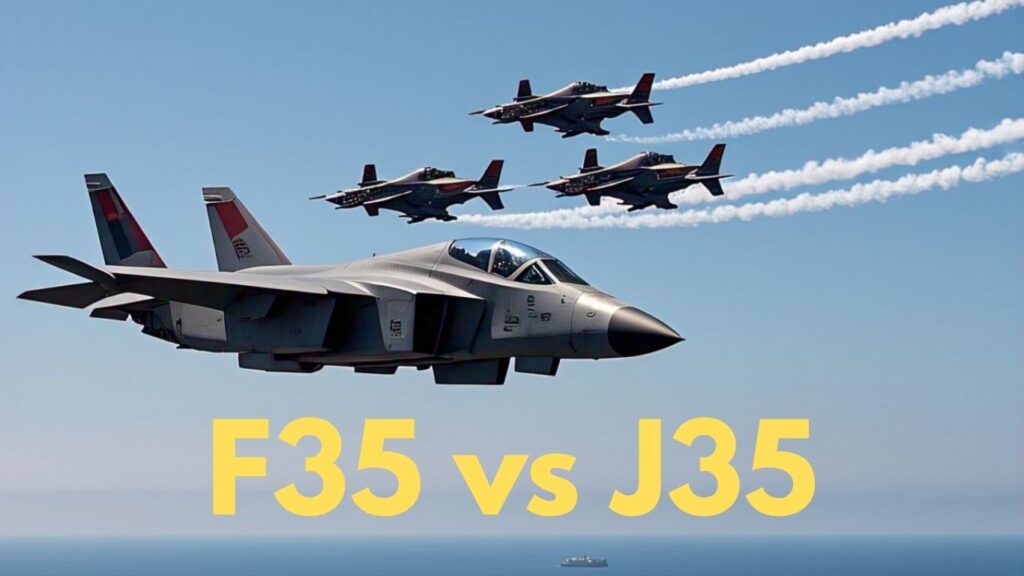U.S. and China are engaged in Power Show
The rivalry between the U.S. and China, exemplified by the J-35 and F-35, is part of a broader strategic competition spanning military, economic, and technological domains. Here’s the current picture:
Economic interdependence: billions in trade and mutual reliance on global supply chains acts as a brake on all-out conflict. War would be catastrophic for both economies and the world.
Risks: The real danger is miscalculation. A naval clash, cyberattack, or airspace violation could spiral out of control, especially given the high stakes around Taiwan. However, neither side appears to want war. Leaders in Washington and Beijing understand the devastating costs economic, human, and geopolitical of such a conflict.
Tensions and Flashpoints: Taiwan is the most critical flashpoint. China views it as a breakaway province and has signaled intent to reunify, potentially by force. The J-35 enhances China’s ability to deter U.S. intervention in such a scenario. The South China Sea is another hotspot, where China’s territorial claims clash with U.S. freedom-of-navigation operations.
Both nations are flexing military muscle: The U.S. with its F-35 and regional alliances (e.g., Japan, Australia), and China with its rapid military modernization, including the J-35.
Deterrence vs. Escalation: Both sides are posturing to deter the other rather than preparing for immediate war. The U.S. strengthens its Pacific presence, while China builds capabilities to secure its regional interests.

Conclusion: The J-35 vs. F-35 matchup symbolizes the U.S. & China rivalry, with each jet reflecting its nation’s strategic priorities: global reach for the U.S., regional dominance for China.
While tensions are high and the military buildup is real, the likelihood of war remains low for now it’s more about deterrence and power projection than an imminent clash. That said, the risk of an unintended escalation keeps the situation precarious. These jets are just pieces in a larger game of global influence, where diplomacy, economics, and caution still outweigh the drums of war.